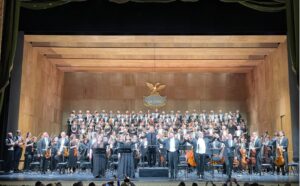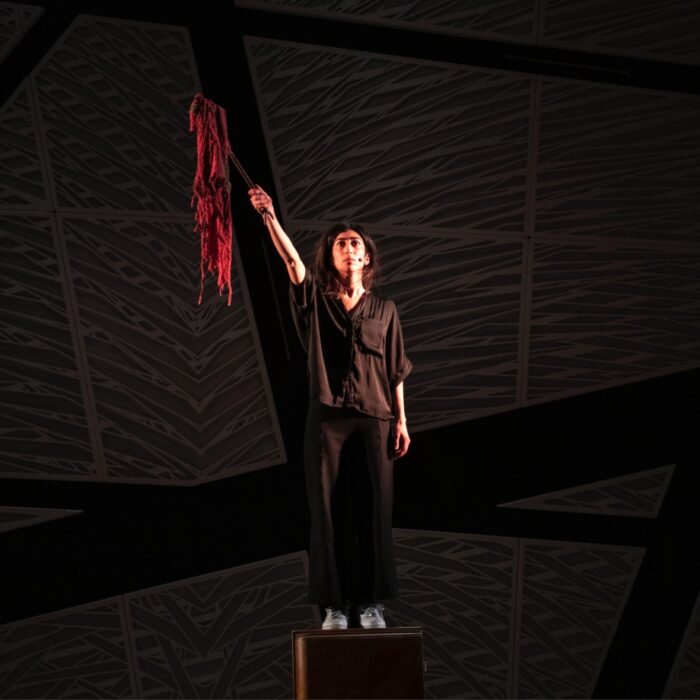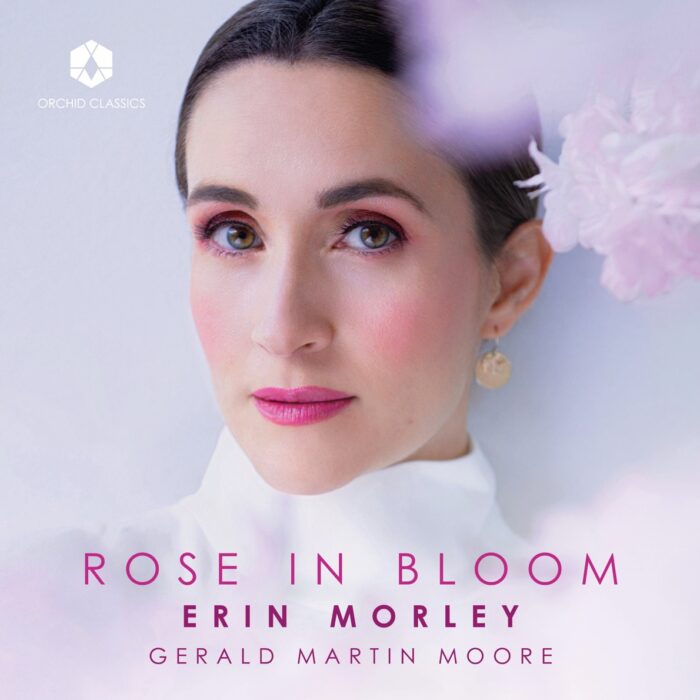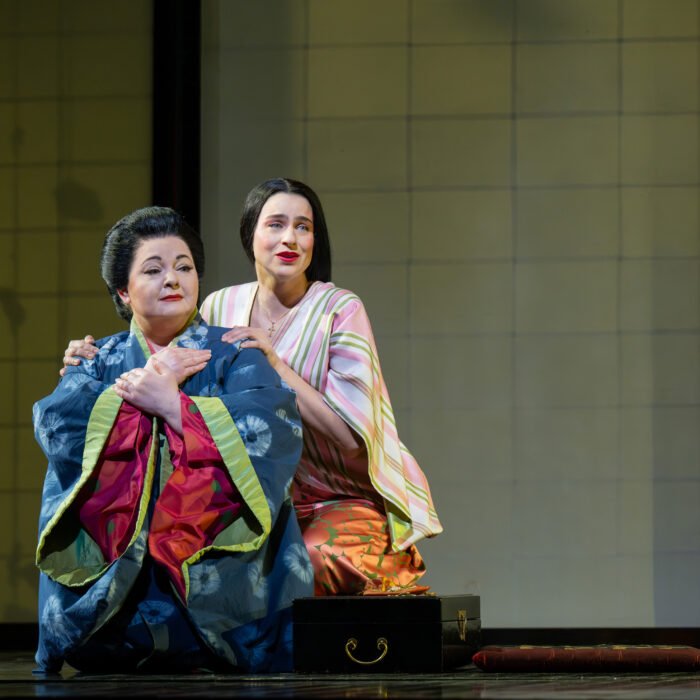
Teatro La Fenice 2024 Review: Verdi’s ‘Requiem’
By João Marcos CopertinoI will never die. But when if I do—certainly after 2300—, I want to be mourned with Verdi’s “Requiem.” No discussion. Few musical moments are more rewarding than the first tenor “Kyrie,” breaking into the orchestral mass, abashing any feelings that are not of heroic repentance. I simply love it. However, such strong personal preference creates rigid expectations of how Verdi music should sound. These expectations are, nevertheless, counterproductive, especially in music criticism. My duty requires an openness to whatever new things happen on the stage. Otherwise, it is not criticism; it is just a marble understanding of art, a manifesto of philistinism.
That said, even with the most generous ears, I had a very rocky journey with Myung-Whun Chung’s rendition of Verdi’s Mass. The conductor sought to read Verdi’s music in all its rawness, but the result was a speedy travel on a dusty road while inside of a vibrato wagon. There were some nice moments, but most of the time things were unpolished, rushed, hurried, and sometimes even rotten.
In such a raw approach, the most eruptive moments get ahead of themselves. The three invocations of “Dies Irae” were guttural sounds of apolitical fire. The syncopated drums were never more brutal, and the chorus of La Fenice, with their centennial vibrato, sounded like the cries of all the fallen angels meeting their permanent death. There was no space for any feeling but fear and trembling.
But the sublime moments were not there; even when the soloists aimed a certain elegance, their task seemed doomed. Soprano Angela Meade was the biggest victim of Chung. Few singers of her Fach have as many resources as she does. Her voice is big, but her soul is bigger. On a good day, Meade’s biggest charm is an illusion of interiority—as if her voice conveyed only a fragment of her character’s thoughts. Under Chung, many of her qualities vanished. Her smooth piano tremble sounded more like a vocal gimmick than an inflection of any sort of intellectual reflection. Progressively, she struggled to sing in piano and/or legato. “Libera me” was hashed, sometimes mistuned, and not interconnected. The ending of “Hostias” (when the soprano begs “Faceas de morte transire/ Ad vitam”) was unholy, as if she would not be able to finish the phrase. She brusquely passed from mezzo forte to pianissimo subito without any decrescendo and often making long breathing pauses in the middle of the phrases. To my knowledge, Meade can sing better under a more subtle and perhaps more elegant reading of the score.
Much of the melodical heavy lifting of the night was done by mezzo-soprano Annalisa Stroppa. With a beautiful voice, and charmingly closed vowels in her voice’s lower range, the Mezzo dexterously monopolized some scenes. How could one forget her fine phrasing in the first “ricordare”? Or in the even more enigmatic “Liber Scriptus”? The phrasing was there, elegantly presented, with good projection and good tempi. The problem is that, in spite of all her melodic talents, Stroppa had little chemistry with the rest of the soloists. The “Agnus Dei” sounded like a battle of vocal oscillations with Meade: Stroppa’s beautiful phrasing was unheard; Meade’s strong instrument, usually so refined, covered the mezzo instead of singing along. The tenor entry in the “Offertorium” sounded as if all the soloists were in completely different rooms (in Stroppa’s defense, Antonio Poli was a late replacement for Fabio Sartori).
The last-minute replacement Antonio Poli had many qualities. He clearly has better command of his voice in the mezzo forte and mezzo piano land. His fortes were a bit too open and raced in the edges of tempered singing. A pity, especially because the singer has a very audible voice even in the softer dynamics (at least in La Fenice). It is also interesting how Poli, in mezzo forte, leeching the evasion within his voice, can produce a beautiful tenor sound. Sometimes, it even achieves a level of limpidity largely forgotten in major opera houses. His “Hostias” was careful, tender, controlled, as if he were pulling back his vocal steeds and trying to enjoy the solemnity of the moment. And the “Ignemisco” aria was actually one of my favorite moments of the night. Never yelled, with a sense of catholic (Catholic?) feeling that is hard to convey at any other holiday but Easter. Nevertheless, there was little chemistry among the soloists.
Riccardo Zanellato completed the soloist cast with much dignity. He did suffer a bit in his phrasing, making some breathing pauses, especially in the lower range of his voice. Still, it was evident that the singer had taken some care with the piece. Nevertheless, Zanellato could not convey any dynamic softer than mezzo piano, which, for most of the mass is not an issue, but the softer dynamics were missed in those moments where the bass ought to sing as if in a cappella, carrying with him all the orchestra and chorus to eternal praise and seeking expiation from Hell’s fire. His “Confutatis” was solid—not fully without emotion, but not extremely compelling either. In his defense, I thought Chung sped things along a bit too much, especially for Zanellato. There was very little rubato, especially in the aria finale.
The chorus sounded exactly like an Italian chorus should sound in Verdi. Visceral, loud when necessary and completely along for the ride in the vibrato-wagon. While elsewhere in Europe such sonority in the chorus seems to have vanished, I personally enjoy a wall of almost one-hundred people singing that way. There is a sense of powerfulness that seems proper for Verdi’s music. The only issue was the lack of precision in some of the entries, especially in the subtle “Introit.” In the bass section alone, I heard three different entries in “Te decet hymnus,” and only one of them was right.
The La Fenice orchestra sounded almost in tune for most of the mass. The percussion was as usual the main highlight. The cellos, however, could not play together (or in tune) in the beautiful opening of the “Offertorium.” It was hard to listen to, and for a moment I thought they would have to stop and play again. The Brass section was particularly good in the “Tuba mirum.”
As I said before, it is hard for me to be fully open hearing a performance of Verdi’s “Requiem.” But there is a global reason for such. Although the requiem was dedicated to Alessandro Mazzoni, it is hard to see how it was not also a requiem to Verdi’s music. Not all of Verdi, of course, but the Verdi of the middle career, the Verdi of “La Traviata,” “Un Ballo” and “Aida.” The Verdi who emerged from the ashes of the “Requiem,” the composer of “Otello” and “Falstaff,” seems to inhabit a different world, where a sense of heroic idealization through music seems to have become more and more difficult: neither Otello nor Fenton will have the same faithful devotion than the tenor in the “Requiem.” Desdemona and Nanetta are too angelical to be overcome by horror like the soprano in “libera me.” Ford, Falstaff, and Jago are dissidents without a drop of catholic devotion. And the Mrs. Quickly irreverent “reverenza” denies the powerfulness inside the miracle of death inscribed in the book of the Requiem. A certain romantic musical utopia dies and mourns itself in the “Requiem.” In that regard, some glimpse of it was there in Chung’s reading, but it was not a smooth ride.


